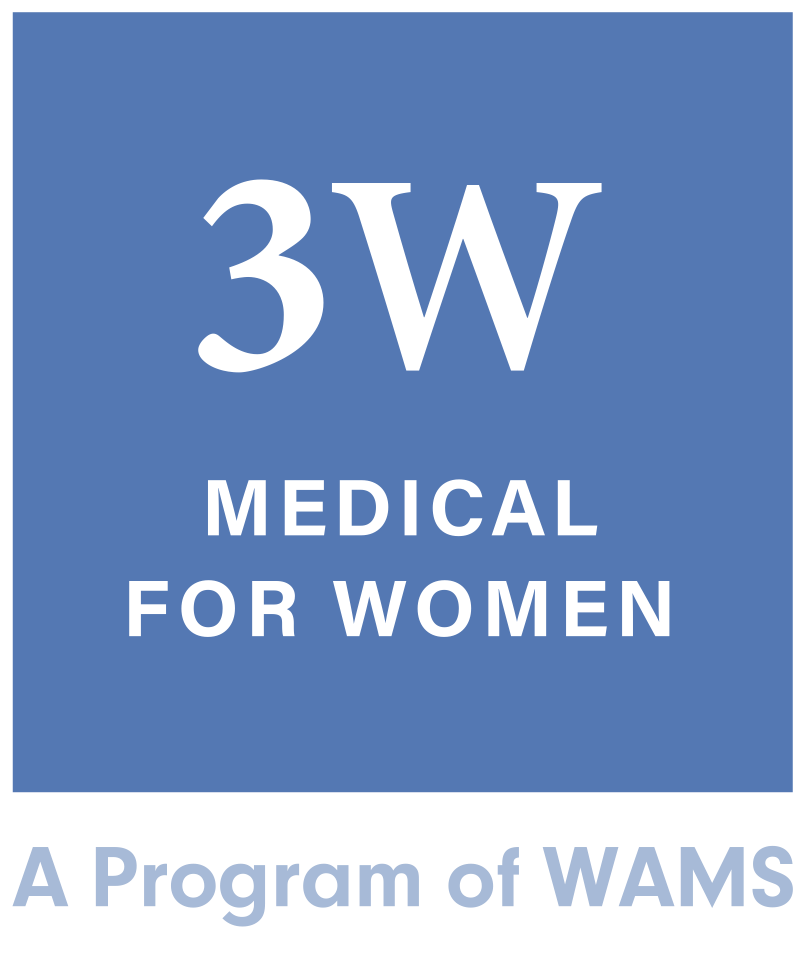The Choice to Breastfeed
By Joy Jensen, MN, RN
Every woman deserves and has the right to receive complete, balanced, and nonjudgmental breastfeeding and bottle-feeding information. No woman should be pressured into anything with which she feels uncomfortable. Women are strong and capable decision makers and have the right to choose what they feel is best for them and their families.
Breastfeeding Positives:
There is no doubt regarding the extensive benefits of breastfeeding for both newborn and mother. For example, breast milk is considered the ideal food for a newborn’s first 6 months and breastfeeding women find initial postpartum weight loss easier. Extensive evidence-based research and literature, as well as numerous agencies, organizations, and professional associations strongly encourage breastfeeding and offer much patient education and information to support this.
Women who are able to successfully pump milk are able to freeze or refrigerate it so that other people can feed the baby with that milk. If their baby is growing normally and they can take the time to pump extra milk, they can apply to donate their milk (frozen) to the Northwest Mothers Milk Bank at http://www.donatemilk.org. (All donors are medically screened to provide a safe milk supply.) This provides milk for sick newborns in the hospital whose mothers are unable to provide breast milk at that time, and for whom formula is second best.
Breastfeeding Challenges:
However, while breastfeeding and pumping can be very fulfilling and bonding for some women, it is also challenging. Some mothers experience much stress with difficulty producing milk or may experience pain that requires medical management, sometimes due to breast or nipple anomalies. Some newborns are unable to latch properly due to a birth defect or frenulum anomaly, are too premature to have a strong suck/swallow, or have drug-withdrawal symptoms making breastfeeding too difficult. Rarely, women are taking medication or have viral infections such as hepatitis that enter the breastmilk and are harmful to newborns.
Other Considerations:
Situational, cultural, religious, socio-economic, and other factors affect a woman’s decision. Consider the woman that cannot afford formula and must breastfeed, or a family with generations of formula-fed newborns whose “babies turned out just fine,” or the adoptive parents that are unable to breastfeed, or the woman going through chemotherapy that cannot breastfeed. Extensive research has gone into the development of beneficial formulas. The bottom line is that it is the woman’s choice to decide what is best for her and her newborn. Breastfeeding is not the only way to ensure a healthy, thriving baby and special bond between mother and infant.
The Choice: Breastfeeding, Bottle-Feeding, Both
A woman should feel safe, supported, accepted, and empowered when seeking information about her options to feed her baby, as well as in other choices she makes for herself, her child, and her family. This is what holistic, individualized, and patient-centered care delivery and education is all about. We encourage mothers to start their education while pregnant, to ask lots of questions, and to take advantage of all the feeding classes, consultations and other resources offered through hospitals and other local professionals.
-
2024
- Dec 6, 2024 From Our Podcast: Episodes about Reproductive Loss
- Oct 10, 2024 Intermenstrual Bleeding
-
2022
- Oct 3, 2022 The Mental Health Benefits of Physical Activity
- Jan 14, 2022 From Our Podcast: Episodes about Sexual Assault
-
2021
- Nov 1, 2021 From Our Podcast: Episodes about Vaginal Care & STIs
- Aug 31, 2021 From Our Podcast: Episodes about Pregnancy
-
2020
- Sep 9, 2020 Outside Looking In
-
2019
- Aug 1, 2019 Quick Facts About Amenorrhea
- May 22, 2019 A Rundown on Vaginitis
- Apr 3, 2019 Menstruation and Women’s Health
- Feb 28, 2019 Prenatal Infection Prevention
- Jan 9, 2019 Simple Facts and Myths About UTIs
-
2018
- Nov 14, 2018 The Choice to Breastfeed
- Oct 1, 2018 Breast Exams: What to Expect and What You Can Do to Screen for Breast Cancer
- Sep 21, 2018 Instruments Used And What To Expect During Your Pelvic Exam & Pap Smear
- Aug 29, 2018 The Lowdown on Sexually Transmitted Infections
- Jul 26, 2018 Nutrition & Weight Gain During Pregnancy
- Jul 25, 2018 Healthcare Disparities in Ecuador - Obstetric Fistulas
